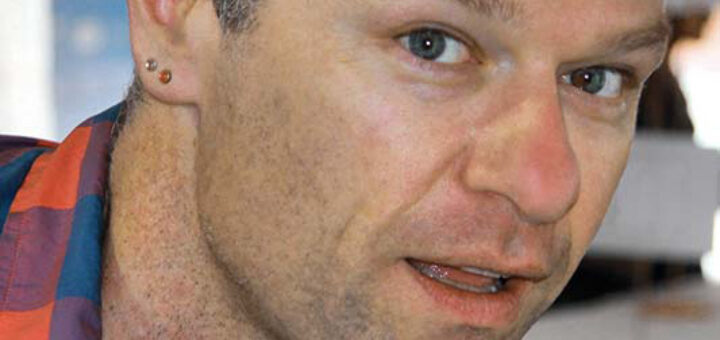A brief breakdown of the sh*tty men in media case

Emma Duke, Staff Writer
Five years ago, a woman attempted to protect other women against harassers, assaulters and “shitty men” in the media industry by making a list of people they should be wary of.
In October 2017, Moira Donegan, a writer at The New Republic, sent a Google spreadsheet to a handful of women who worked in the media industry. These women sent it to more women, and soon, the document was filled with over 70 names of men who had been accused by these women anything from ‘flirting’ to physical violence to sexual misconduct to rape.
Donegan, who eventually stepped forward as the creator of the list, says what she was trying to create was a sort of ‘whisper network’ – what she calls a long-standing remedy for women. She describes the whisper network as “informal alliances that pass on open secrets and warn women away from serial assaulters. Many of these networks have been invaluable in protecting their members. Still, whisper networks are social alliances, and they’re unreliable. “They can be elitist, or just insular,” Donegan says in her self-written article for The Cut.
Donegan intended for her spreadsheet to be a virtual ‘whisper network’, a note at the top of the document stated: “Please never name an accuser, and please never share this document with a man.” The document spread too quickly to keep private, however; shortly after it was shared, a woman from Buzzfeed broke the story to the public. Donegan says the spreadsheet “ spread much further and faster than [she] ever anticipated.”
It is important to mention that Donegan did include a disclaimer at the top of the spreadsheet warning other women to take the accusations with skepticism. Donegan says, “This document is only a collection of misconduct allegations and rumors. Take everything with a grain of salt. If you see a man you’re friends with, don’t freak out.” Obviously, several women were involved in adding names to the list, Donegan did not write every name on the list, in fact, it is unclear if she contributed to the list at all.
Still, she was the one sued for defamation in 2018 by filmmaker and writer Stephen Elliott, whose name was on the list- he had been accused of coercion, sexual harassment and rape. Men who had been accused by several women had their names highlighted in red on the spreadsheet.
Elliott’s name was in red.
Elliott published an article in Quillette saying that the accusations of rape had “derailed his life.” He sued Donegan for $1.5 million.
Donegan says she did not write Elliott’s name on the spreadsheet, even though she did create and share the document. Donegan added to her affidavit that she did not encourage any women to make false statements or accusations about a man.
Roberta Kaplan, Donegan’s lawyer, attempted to have the case thrown out, arguing that Donegan was protected under the Section 230 of the Communications Decency Act, a law that protects online users and companies who republish content from being held legally responsible for what others say or do.
The judge did not approve Kaplan’s motion for immunity under the Communications Decency Act. The judge says in Politico that the “Defendant’s inability to recall the contents of her communications leaves open the possibility that Defendant did specifically encourage the posting of unlawful content.”
The document undoubtedly presents legal challenges and complications. The list contained the names of several men who would certainly have a reaction to being on a spreadsheet titled ‘Shitty Media Men.’ It does not appear as if any man on the list has been proven guilty.
Donegan’s spreadsheet was spread more widely than she expected it to; the list was taken out of her hands and shared with the public, against her will. What she attempted to do in creating that list was to create a safe space, to protect fellow women, to hold truth to power. Now she is going to court.




